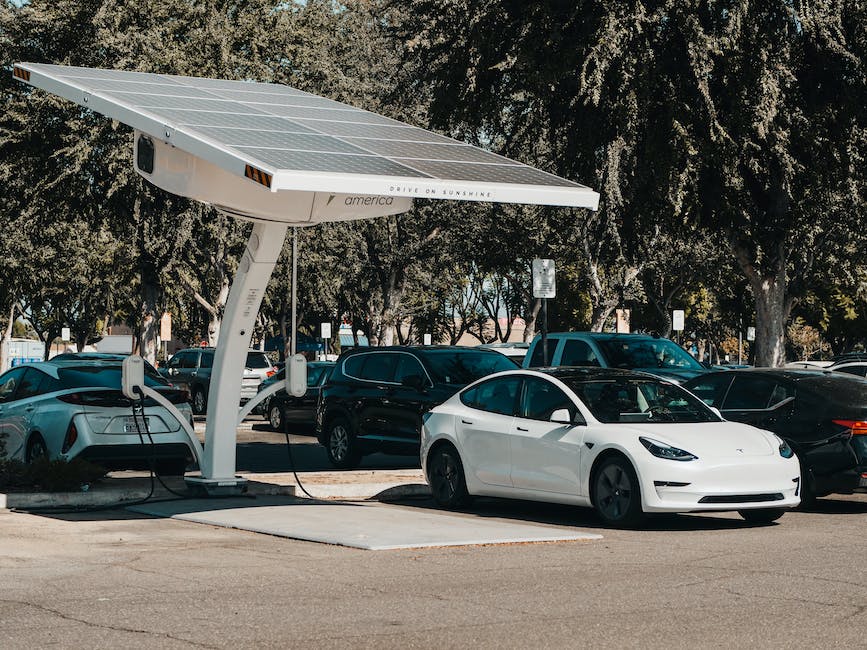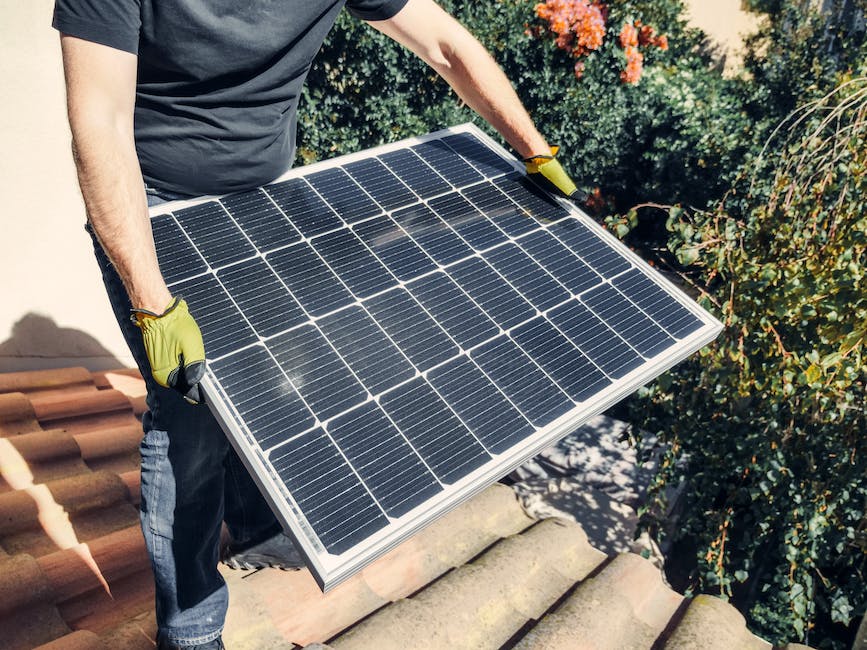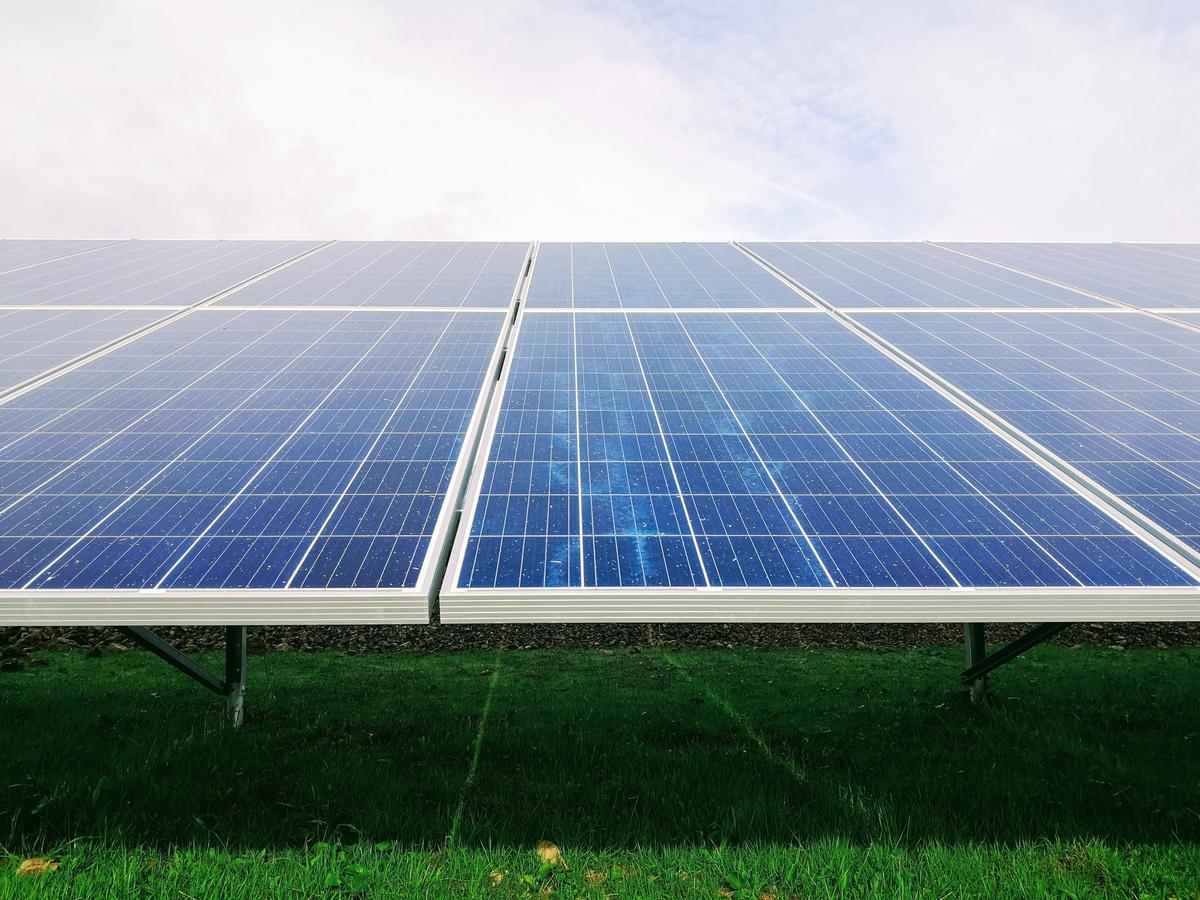In the pursuit of greener and more sustainable living, many landlords have opted to install solar panels in their rental properties. The question, however, is whether the financial responsibility of the solar panel bill should be shouldered by the tenants or remain with the landlords. This complex issue weaves through the nuances of solar panel installation, lease agreements and legislations, implications for all involved parties, and a thorough weighing of the pros and cons. A comprehensive understanding of these aspects is crucial for both landlords and tenants as they navigate this relatively unexplored territory in rental agreements.
Understanding Solar Panel Installation and Costs
Understanding Solar Panel Installations
Solar panel installations are growing in popularity due to their renewable nature, offering a clean source of energy that also reduces household energy bills over time. The initial costs for solar panels include the purchase price of the panels themselves, installation, and other associated costs like a solar inverter, mounts, and a solar battery if needed.
In terms of lifespan, solar panels can last up to 25 to 30 years or more, given proper maintenance and depending on their quality and the manufacturer. That being said, the efficiency of solar panels decreases over time–approximately 0.5% to 2% per year, depending on the type of solar panels. Therefore, they require regular cleaning and maintenance checks to ensure they’re in top shape, producing optimal energy output and meeting potential warranty requirements.
Solar Panel Costs and Tenancy
In a rental scenario, solar panels can add additional nuances to who is shouldering the costs. Typically, the landlord, as the property owner, holds the financial responsibility for any installed solar panels, covering the initial purchase, set up, and any ongoing maintenance or repair costs. The landlord then benefits from any increased property value and incentives offered by local or federal governments for solar energy production.
However, the savings on utility bills brought upon by the solar installation is usually enjoyed by the tenant, who pays the household utilities, thus reducing their overall living costs. Some landlords might incorporate these savings into the rent, resulting in a higher than average rent cost but offset by lower utility bills.
Who Should Cover Solar Panel Bills: Tenant or Landlord?
Understanding who should shoulder the cost of solar panels— the tenant or the landlord— can be quite intricate. While tenants are the ones consuming the solar energy for their everyday utility needs, some might argue that they should bear the cost. On the other hand, since the solar panels are inherently part of the property and hence the landlord’s asset, it’s natural for others to view this as essentially the owner’s financial responsibility.
A balanced resolution can be finding common ground that is favorable for both parties. For instance, a “net metering” system where the savings from energy bills are divided between landlord and tenant can be a viable alternative. Alternatively, the landlord might choose to slightly heighten the rent in order to recoup the cost of the solar panels, yet ensuring that the total housing expenses (including utilities) remain competitive with the market rates.
Any such arrangements should be explicitly stated in the rental contract to prevent future discrepancies or misunderstandings. It’s paramount that both the tenant and the landlord are on the same page concerning the obligations tied to solar panels, hence avoiding any conflicts down the line.

Analyzing Current Lease Agreements and Legislation
Demystifying Solar Panel Bills
The crux of solar panel bills lies in the amount of energy generated and utilized by the installed system. Solar power has steadily emerged as a popular choice amongst landlords, driven by the dual advantage of lessening their properties’ environmental footprint while potentially decreasing overall costs. However, responsibility of these solar energy costs often surfaces as a bone of contention. Should it be the tenant who enjoys the fruits of these utilities, or should it be the landlord who holds ownership of the property along with the solar panels? This remains a topic of debate needing clarity.
Current Legislation on Utility Bills
The laws governing utility bills in rental properties widely vary from state to state. In most cases, landlords can charge tenants for electricity costs, but it must be clearly stipulated in the lease agreement. However, there is still an ongoing debate and gray area in regards to solar panel energy. The cost isn’t traditionally considered in the same category as standard electrical or utility costs. Since it’s an alternative energy source, not all jurisdictions have strict laws regulating how billing should be handled.
The Importance of Lease Agreements
Even with varied legislative practices, one commonality across all states is the significance of the lease agreement. This agreement details who is responsible for what costs. Therefore, if there is a stipulation in the lease that the tenant is responsible for solar panel bills or a certain percentage of them, then the tenant should indeed cover them.
When can Landlords Pass Solar Panel Bills to Tenants?
From a fair standpoint, landlords can pass these bills on to the tenant if the tenant is directly benefitting from the solar panels’ energy source. For instance, if the solar panels are powering the entire rental property, and there are no additional electricity costs, it can be justified that the tenant cover the solar panel bills or at least a portion. However, this is subject to stipulations in the lease agreement.
If solar panel bills are considered part of the general utilities, and the lease agreement stipulates that tenants cover their utility costs, it provides the landlord a basis to pass on these bills. Yet, this has to be clearly stated in the lease agreement to avoid any conflicts down the line.
Landlord-Tenant Negotiations and Agreements
In cases where there is no lease stipulation explicitly stating that tenants should cover the solar panel bills, then the responsibility typically falls on the landlord. However, an agreement can be made between landlord and tenant. The tenant might agree to cover the solar panel bills if there is a trade-off, such as decreased rent or other benefits.
Specific Solar Panel Billing Cases
If the rental property’s solar panel system generates excess power that is sold back to the electric company, the allocation of this money can introduce another layer of complexity when it comes to solar panel billing responsibilities. Who should receive the benefits of the payout? This should also be specifically stated in the lease agreement.
Rights of Both Landlords and Tenants
Property rights encompass the liberties of both landlords and tenants. A landlord should never arbitrarily impose solar panel expenses on tenants, and likewise, tenants mustn’t preemptively assume immunity from any solar panel costs. It’s of crucial importance to have transparent communication and legal accords to prevent disputes and confusions.

Implications for Tenants and Landlords
Economic Considerations
The primary motivation behind the decision to hand over solar panel expenses to tenants is predominantly financial. It’s an approach adopted by the landlords who view their investment in renewable energy as a way to reduce utility costs, keeping in mind the fact that solar panels can efficiently work for around 25-30 years, indicating a stable long-term venture.
If tenants reap all the benefits of solar energy by enjoying lowered utility bills, the landlord wouldn’t witness any direct monetary benefit from this investment. Hence, it could be deemed fair by the landlords to expect tenants to compensate for such advantages. This, however, runs counter to a tenant’s belief that their rental fee should encompass all property-related charges, including maintenance and enhancements.
Another interesting perspective suggests that landlords could recover their investment over a certain period, thanks to the enhanced property value and possible tax breaks. From this viewpoint, it won’t be fair to shift this financial burden onto tenants.
Landlord-Tenant Relations Impact
Choosing to pass solar panel bills onto the tenants could significantly impact landlord-tenant relations. In many cases, such decisions, if not communicated properly, could breed resentment and potentially create conflict. Tenants may view this as an additional and unexpected expense, leading to potential legal disputes.
Moreover, landlords need to consider that abruptly passing on these costs without a clear explanation or agreement could harm their reputation as reliable and fair property owners. This could potentially affect their ability to attract and retain tenants.
Impact on Future Rental Transactions
The decision to pass the solar panel bills onto tenants could also influence future rental transactions significantly. Potential tenants, after learning about an additional solar panel bill, might be less inclined to rent. It could be seen as hidden or additional costs not typically associated with renting a property.
Furthermore, if this becomes a widely accepted practice, it could potentially lead to legislative changes. Some jurisdictions might implement regulations regarding who should bear the cost of solar installation and maintenance for rental properties.
Conversely, a landlord who transparently incorporates the cost of solar panels into rent could actually attract tenants interested in sustainable living. At face value, they may appear to pay a higher rent, but they would benefit from lower utility bills. This could be a potential selling point, with an increasing number of people concerned about their environmental impact.
Final Thoughts
To conclude, it’s plausible for landlords to view transferring solar panel costs to tenants as economically advantageous. However, potential issues like deteriorating landlord-tenant relationships, less attractive prospects for potential renters, and possible legal ramifications might overrule such benefits. An alternative could entail presenting the property as environmentally friendly and assimilating the costs transparently into the rent price. This might become an unexpected selling pitch to prospective tenants. It’s crucial for landlords and tenants to converse openly about these expenses to ensure a reasonable agreement.

Photo by marianaproenca on Unsplash
Weighing the Pros and Cons
Deciphering Solar Panel Bills: Who’s Really Liable?
Solar panel bills, often recognized as solar power purchase agreements, typically fall under the property owner’s responsibility. But, when it comes to multi-unit rental properties, there’s a diversity of perspectives and practices. While some landlords may elect to transfer these costs to tenants, such decisions often hinge on local regulations and the specific terms of each rental contract.
The Environmental Benefits
One of the key advantages of using solar energy is its positive impact on the environment. Solar panels convert sunlight into electricity, reducing reliance on traditional fossil fuel resources, which emit harmful greenhouse gases. These environmental benefits can be enjoyed by both the landlord and the tenants.
By using solar power, tenants can reduce their carbon footprint. Landlords, on the other hand, can promote their properties as “green” or “eco-friendly,” factors that are increasingly essential for the modern, eco-conscious renters.
Financial Savings
Solar energy can also bring about significant energy cost savings. In theory, as the landlord’s electricity costs decrease, there could also be corresponding savings for the tenants.
In a situation where the tenants pay for the solar panel bills, it is expected that there should at least be a reduction in their regular utility costs. However, the billing dynamics can be complex and depend largely on the specifics of the rental agreement and local regulations accordingly.
Potential Legal Challenges
There could be potential legal challenges in passing solar panel bills to the tenants. Laws around this issue vary from state to state.
For instance, in some places, passing utility costs onto tenants could be seen as an increase in rent, which could violate rent control laws. In others, it may not be permissible for landlords to sell electricity directly to tenants.
It is vital for both parties to carefully review their local laws and the lease agreement to understand their rights and obligations.
Managing Expectations and Conflict
It’s crucial for landlords and tenants to communicate their expectations clearly to avoid potential conflicts over solar panel costs. This could include providing clear information about how the cost of solar energy factors into the total rental price and how it compares to properties without solar panels.
In conclusion, whether tenants should cover landlords’ solar panel bills is certainly a multifaceted issue. While there are environmental and potential financial benefits, the legal implications need to be carefully considered. Clear communication is the key to any agreement, ensuring all parties are well-aware of their roles and responsibilities.

When all is said and done, the decision to shift the solar panel bill to the tenants is not a straightforward one. It comes with significant financial, legislative, and relational considerations. While both landlords and tenants stand to gain from employing solar energy, the burden of costs might push tenants away or create conflict. It is paramount to approach this matter with tact and understanding, keeping the lines of dialogue open. Implementing transparent lease agreements, being aware of state legislations, and weighing the pros and cons help facilitate a fair solution that benefits both landlords and tenants without jeopardizing their relationship. Navigating this green path might be thorny but the potential rewards of sustainability and eco-conscious living are worth the effort.
